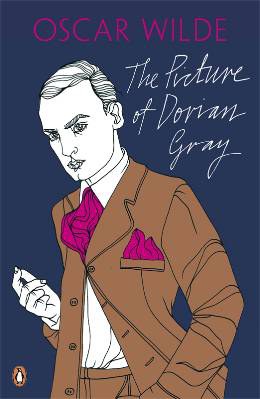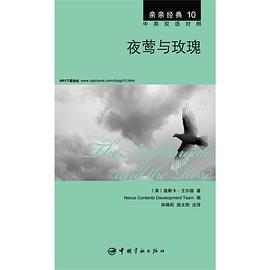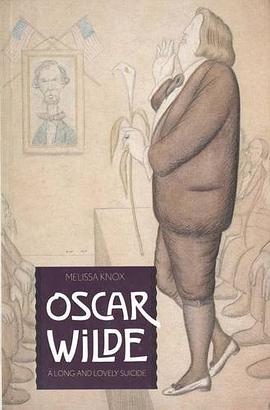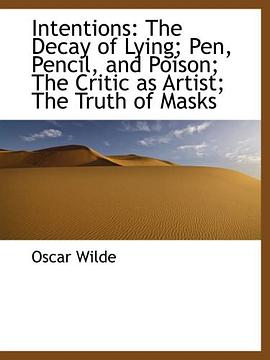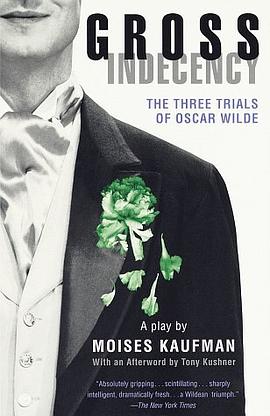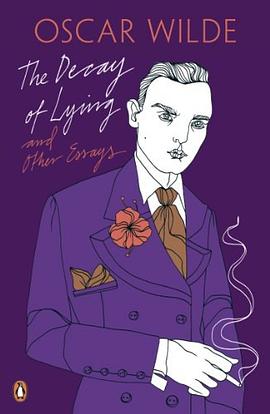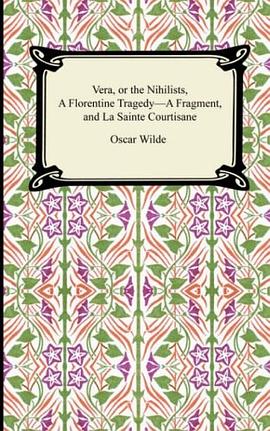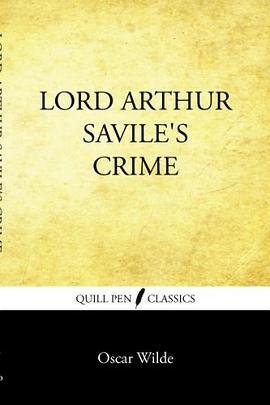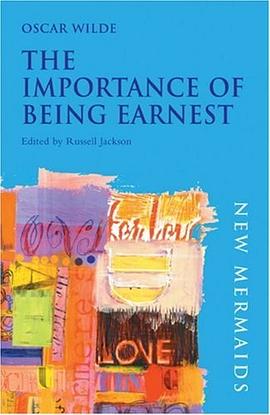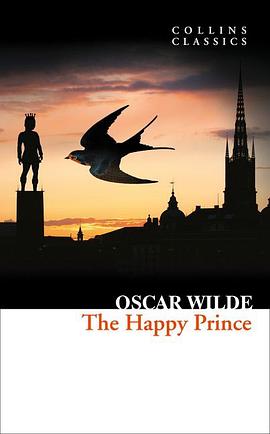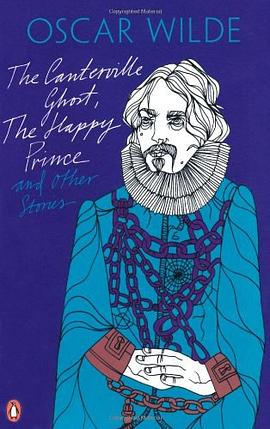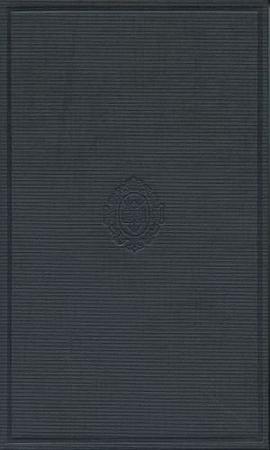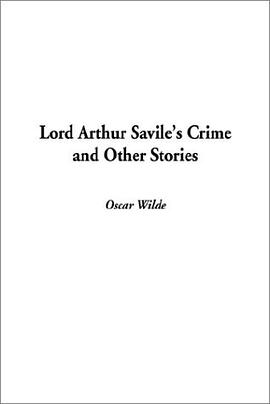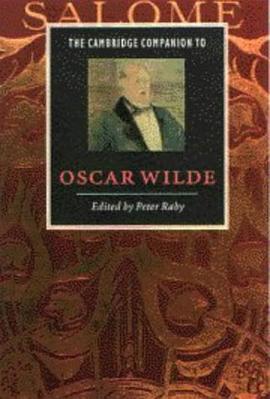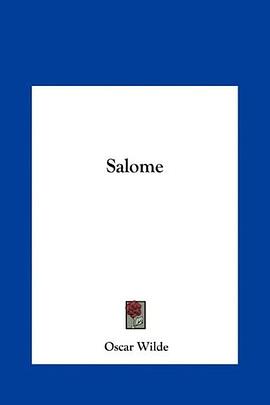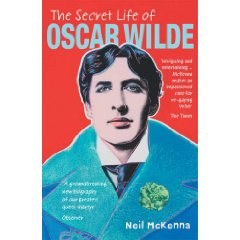

Review
Philip Bounds
Neil McKenna, The Secret Life of Oscar Wilde (London: Century, 2003)
1. There is a long tradition of biographical writing which tries to show that many of the greatest figures in English literature had definite radical sympathies. It was pioneered in the 1930s by communist intellectuals who thought that popularising the history of British radicalism was part of their anti-fascist duty, and has since spawned such masterpieces of committed scholarship as E.P. Thompson's life of Morris, Christopher Hill's biography of Milton and Michael Foot's study of Byron. As a distinguished gay journalist and former editor of the Pink Paper, Neil McKenna is one of the more idiosyncratic entrants to the ranks of the radical biographers. The purpose of The Secret Life of Oscar Wilde is not simply to show that Wilde was gay (a fact which not even the school syllabuses have been able to cover up) but that his entire way of life was a sort of technicolour exercise in the politics of resistance. When Wilde wore a green carnation in his button hole, made knowing references to "Greek love" or trawled through Whitechapel in search of sex with working-class youths, he was not (or so McKenna argues) simply giving casual expression to the "Uranian" side of his nature. He was actually engaged in a conscious attempt to celebrate homosexual desire in a way that would challenge Victorian prejudice. Wilde might not have written proselytising tracts in favour of legal reform but his ultimate goal was the abolition of all the laws which had turned gay men into pariahs. McKenna makes his case well and paints a compelling portrait of Wilde as a libertarian campaigner, yet (as I hope to show) there are aspects of his book which the socialist reader might find troubling -- not least the way that its obsession with Wilde's sexuality obscures other aspects of his radicalism.
2. McKenna's finest achievement is to show how Wilde's radical gay persona was the result of a long and arduous attempt to come to terms with his sexual orientation. Wilde's main problem seems to have been a homosexual equivalent of the madonna/whore syndrome. At first, tentatively exploring his homosexuality in the years after arriving in Oxford in 1854, he found that he was capable of falling passionately in love with the sort of unblemished youths who sang in church choirs but not really of desiring them. His sexual feelings were reserved for the much swarthier young men who came under the heading of "rough trade." At this early stage he regarded his romantic longings as infinitely more noble than his sexual cravings, while clinging to the belief that a conventional marriage would eventually cure him of both. McKenna suggests that there were probably two things which pushed him towards a firmer acceptance of his sexuality. The first was his reading in 1884 of Huysman's A Rebours, one of the most scandalous documents of the French art-for-art's-sake movement, whose debauched hero Des Esseintes provided a model of amoral dandyism which Wilde found deeply liberating. Equally important was his affair with the Anglo-Canadian aesthete Robert Ross, whom he met in 1885 when Ross was just seventeen. Ross was one of those invigorating people who seem miraculously indifferent to the standards of their age, and it was under his influence that Wilde overcame his residual feelings of shame about a set of impulses which he now regarded (along with other sexual radicals such as Havelock Ellis and Edward Carpenter) as largely biological in origin.
3. What Wilde was not able to do under Ross's tutelage was integrate his physical desires with his spiritual yearnings. For a few years at the end of the 1880s he responded to Ross's example by simply inverting the opposition between love and lust which had defined his sexual outlook for over a decade -- the rough trade in London bars suddenly seemed more important than the "fair slim boys" in the cathedral choirs. The real transformation in Wilde's sexuality only occurred when he began his "epic" affair with Lord Alfred Douglas, the young aristocrat whom he famously knew as "Bosie." Bosie was the first man whom Wilde both loved and desired (though McKenna suggests that the relationship rarely scaled the highest erotic peaks) and the sudden integration of his sexual and emotional faculties gave rise to a five-year experiment in homoerotic self-display. In the first half of the 1890s he lived more or less openly with Bosie in a number of locations, took his orgiastic encounters with working-class youths to almost San Franciscan heights, wrote (or allegedly wrote) the openly gay novel Teleny (1893) and lent his support to the Uranian literary review The Chameleon. McKenna suggests that his determination to forge a subversive gay identity was reinforced by membership of The Order of Chaeronea, the highly secretive organisation of cultured homosexuals which campaigned by stealth for reform of the Victorian sex laws. He also mounts a significant challenge to the gloomy picture of Wilde's final years which has dominated other biographies. The conventional view is that Wilde was nearly destroyed by his imprisonment for gross indecency in 1895, living out his three final years of freedom in an agony of shame, self-reproach and creative sterility. McKenna accepts that Wilde suffered terribly and that he wrote practically nothing after 1897, but he also insists that his peripatetic existence in Naples, Rome and Paris brought him a great deal of pleasure, not least because of his simple joy in the flirtatious adolescent "renters" who seemed to gather around him wherever he went. "His life on the boulevards was far from a journey through Hell", writes McKenna in one of the book's most memorable sentences, "more a kind of louche Heaven."1 The British state had done everything in its power to crush Europe's most provocative homosexual but Wilde's commitment to the "Cause" was too powerful to shake.
4. The Secret Life of Oscar Wilde has been widely criticised by British reviewers for its lack of scholarly punctiliousness. It is certainly true that much of what McKenna has to say is based on the purest speculation -- no other biographer can ever have used the words "perhaps" and "possibly" quite so often. Yet Wilde is clearly well-suited to a biographical approach which subordinates the judicious sifting of evidence to the writerly flight of fancy. After all, it was Wilde himself who famously argued in "The Artist as Critic" (1891) that the role of the critic is not to provide an objective account of a particular work ("to see the object as it is in itself")2 but rather to expatiate on the purely subjective impressions which it calls into being. McKenna is therefore pursuing a distinctly Wildean agenda when he incorporates the soberer work of Richard Ellmann, H. Montgomery Hyde and others into a glittering fantasy about Wilde as a sexual flâneur. He also reveals a great deal about the significance of Wilde to generations of gay men. As Neil Bartlett made clear in his great book Who Was That Man? (1988), Wilde has always been a potent stimulus to urban fantasy. Countless young men have transformed their identities by viewing the modern city through Wilde's transgressive eyes, extracting images of fin-de-siècle mystery from texts like The Picture of Dorian Gray and superimposing them on their more anaemic surroundings. In this sense, McKenna has written a book which illustrates Wilde's extraordinary impact on the inner lives of his disciples -- its scholarly flaws (though not minor) scarcely seem important in comparison.
5. A more substantial criticism relates to McKenna's account of the moral climate in which Wilde lived. Something approaching an orthodoxy about Victorian attitudes to sex has emerged among radical historians over the last 25 years, much of it derived from Volume One of Michel Foucault's History of Sexuality (1978). Foucault's argument was based on his rejection of what he famously called the "repressive hypothesis." Victorian society might indeed have been formidably puritanical in its sexual morality, or so Foucault argued, but this does not mean that all reference to sexuality was banished from the national culture. What actually happened was that "discourses" about sex began to proliferate, each of them intended to create new identities that would justify the suppression of the erotic impulse. As far as homosexuals were concerned, the decisive development was what Foucault called "the psychiatrisation of perverse pleasure." Whereas a propensity to commit homosexual acts had long been regarded as deviant, it had not previously been interpreted as a sign of irredeemable weakness of character -- the "sodomite" was simply an ordinary man with an unfortunate and perhaps satanic aberration. The big change in the Victorian period was the emergence of a "medical model" which defined homosexuality as the cornerstone of a diseased personality. Homosexual acts were still seen as immoral but the men who committed them were now regarded as ill. As countless writers have recognised, Oscar Wilde's personal history threw these developments into powerful relief. The identity he forged was an alternative to (though also an accommodation with) the homophobic discourses of the day. His trials were among the first major public demonstrations of what the new discourses could lead to. One of the biggest problems with The Secret Life of Oscar Wilde is its failure to make this clear. By and large, McKenna is content to portray the opposing forces of the age in journalistic terms -- two gifted iconoclasts (Oscar and Bosie) take on a series of bigoted monsters (notably the Marquis of Queensberry, Bosie's bellicose father) and find their worlds torn apart. The reader is given no real sense of why gay men were being persecuted in the first place, nor of the ideas and assumptions which underpinned their persecution. And yet, in spite of his failure to sketch the dominant sexual ideology in enough detail, McKenna is extremely good at evoking the counter-discourses which gay men employed to defend their way of life. There are some especially interesting remarks about the central role of poetry in the homosexual subcultures of the Victorian period. McKenna insists that poetry was the main medium through which writers like Wilde, George Ives and Rennell Rodd sought to challenge the prejudices of the age. The hallmark of Uranian verse was an idealised appeal to the history of Ancient Greece, whose tradition of paiderastia was portrayed as the zenith of human sexual development. Not only was the love of men for adolescent boys seen as an exalting blend of the physical and spiritual (which suggests that Wilde's difficulties in integrating his erotic sensibility were shared by many of his gay contemporaries) but also as inherently tragic -- youthful beauty fades and only memories remain.
6. The biggest weakness of The Secret Life of Oscar Wilde is a by-product of its greatest strength -- the sheer obsessiveness with which McKenna traces the development of Wilde's sexuality. Although McKenna was clearly justified in basing a biography on Wilde's love of men, there are too many passages which suffer from a sort of activist's monomania. Whole layers of Wilde's identity are submerged beneath a frantic search for sexual significance. This is especially the case in McKenna's breathless attempts to identify veiled references to homosexuality in Wilde's writings. Salomé is glossed as if it were simply an expression of gay misogyny. The Picture of Dorian Gray is reduced to an allegory on the self-divided nature of Wilde's erotic outlook, with Basil Hallward seen as a symbol of love and Sir Henry Wotton as a symbol of lust. The four "society comedies" of the 1890s are largely seen as significant because of their focus on scandal, blackmail and the need to lead a double life. Most disturbing of all is the fact that McKenna dismisses the great essay on "The Soul of Man Under Socialism" in less than half a paragraph, pausing only to describe its plea for a "new Hellenism" as a "clarion call for the sexual freedom of the individual."3 Yet it is surely Wilde's socialism, even more than his sexuality, which makes him of relevance to the radical politics of the early 21st Century. The extraordinary thing about "The Soul of Man Under Socialism" is that it provides a clear answer to one of the most pressing questions of our media-obsessed age. Why should we strive to change society when retreating into a parallel universe of representations seems so much more appealing? As one of the most provocative apologist for the art-for-art's sake movement, Wilde had no doubt that "art" is in every way superior to "life." The world portrayed to us by the great artists is infinitely preferable to the drabness of our everyday lives, and we can only be happy once we have wholly immersed ourselves in the beautiful illusions of literature, music and painting. Wilde's genius was to recognise that the aesthete's anti-social paradise can only be realised through social action. He famously observed that the great problem with capitalism is that its individualism is more apparent than real. The poor are prevented from cultivating their inner lives by the drudgery of their work and the misery of their surroundings, while even the rich are constantly being diverted from the pursuit of pleasure by the wretchedness of everyone else. The great virtue of socialism is that it conjures a higher form of individualism on a collectivist base. By substituting common ownership for the anarchy of the marketplace, it creates a world of plenty in which we are at last "relieve[d] of that sordid necessity of living for others."4 Only then does the prospect of permanent residence in the palace of art become a possibility for everyone. If Wilde's socialism was basically libertarian, owing far more to Kropotkin's Mutual Aid than to the statist enthusiasms of his friend George Bernard Shaw, it was nevertheless unique in grounding its distrust of authority in aesthetic considerations. Since our tastes in art are radically subjective, or so the argument went, it is necessary to create a society in which no one feels entitled to impose his preferences on anyone else. A major goal of socialism is thus to do away with the state, the board of management and the patriarchal family, replacing them with a democratic free-for-all which protects the artist in each of us from the critic in everyone else. Although few modern socialists would endorse Wilde's stark distinction between art and life, not least because they would wish to see aesthetic significance restored to the world of work, his vision of a new society speaks with obvious power to the age of Baudrillard. It reminds us that there can be no retreat to the hyper-real until we have sorted out reality once and for all.
7. Neil McKenna has written a remarkable book whose academic faults are ultimately less troubling than its lack of balance. As befits a man who once spent an enraptured afternoon with Walt Whitman, Oscar Wilde contained multitudes -- we run terrible risks when we reduce him to two dimensions.
具體描述
讀後感
評分
評分
評分
評分
用戶評價
有趣!呈現瞭許多意想不到的史料,不過挺多部分還是建立在作者本人的推測和臆想之上,行文之中也能感到作者比較偏心,使原本建立在事實之上的敘述顯得虛實難辨起來
评分有趣!呈現瞭許多意想不到的史料,不過挺多部分還是建立在作者本人的推測和臆想之上,行文之中也能感到作者比較偏心,使原本建立在事實之上的敘述顯得虛實難辨起來
评分有趣!呈現瞭許多意想不到的史料,不過挺多部分還是建立在作者本人的推測和臆想之上,行文之中也能感到作者比較偏心,使原本建立在事實之上的敘述顯得虛實難辨起來
评分fry叔和老王晚年忒像瞭!
评分有趣!呈現瞭許多意想不到的史料,不過挺多部分還是建立在作者本人的推測和臆想之上,行文之中也能感到作者比較偏心,使原本建立在事實之上的敘述顯得虛實難辨起來
相關圖書
本站所有內容均為互聯網搜索引擎提供的公開搜索信息,本站不存儲任何數據與內容,任何內容與數據均與本站無關,如有需要請聯繫相關搜索引擎包括但不限於百度,google,bing,sogou 等
© 2025 qciss.net All Rights Reserved. 小哈圖書下載中心 版权所有

